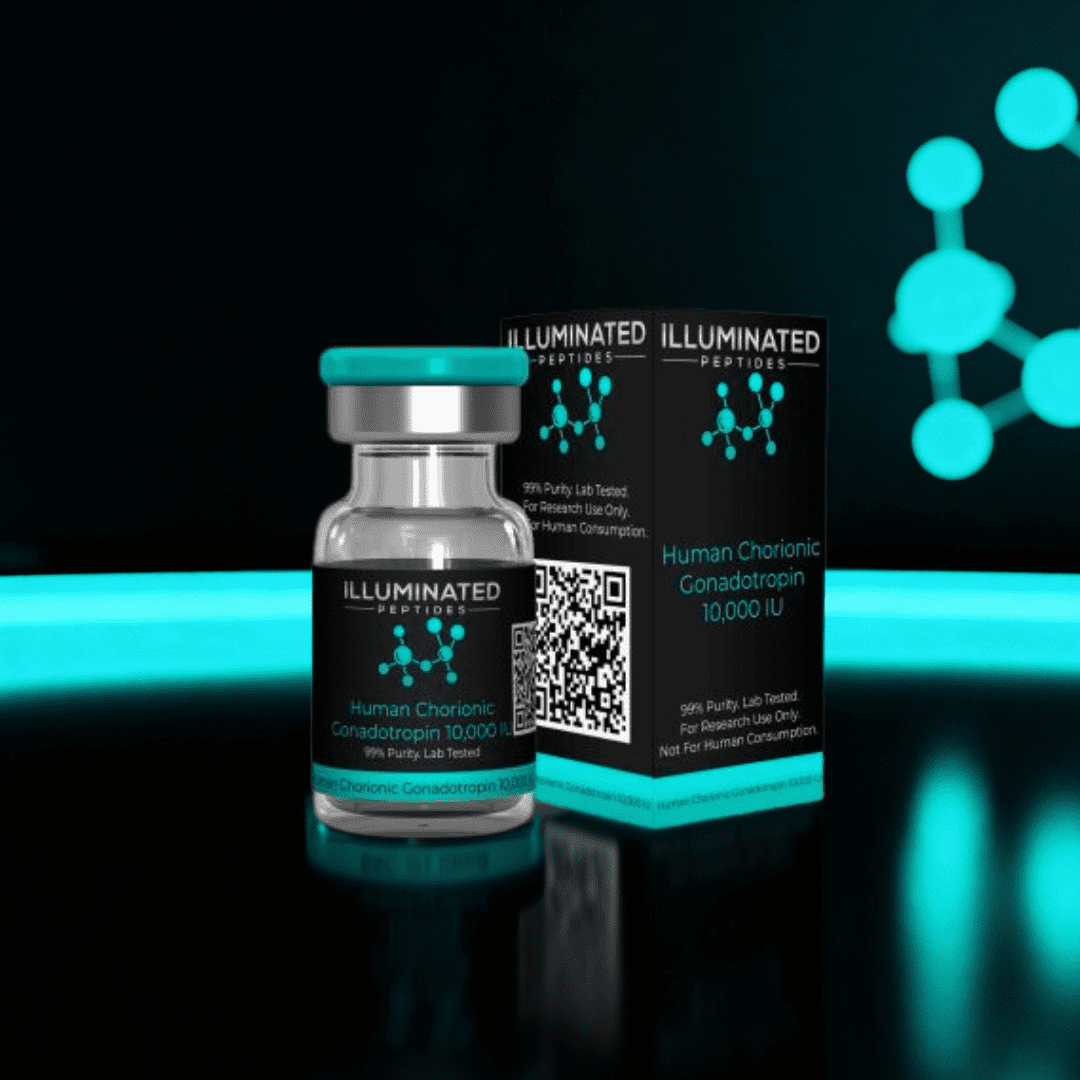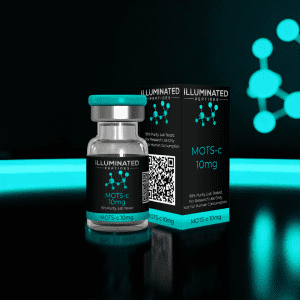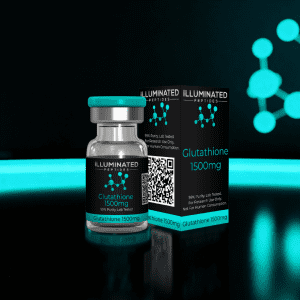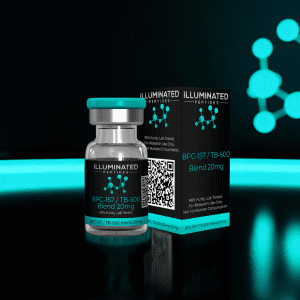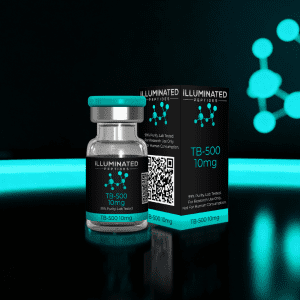Description
Human Chorionic Gonadotropin (HCG)
Human Chorionic Gonadotropin (HCG) is a natural glycoprotein hormone composed of alpha and beta subunits. It is produced primarily during pregnancy and plays a critical role in supporting reproductive health by maintaining the production of progesterone and aiding in the development of the placenta. Beyond pregnancy, HCG has important applications in regulating hormonal balance and supporting reproductive function in both men and women. Research suggests that altered levels of HCG may contribute to certain reproductive challenges and endocrine imbalances. Declines in natural hormone function with age can also be associated with reduced effectiveness of HCG activity.
Oral HCG supplementation is generally considered ineffective because the hormone is broken down in the gastrointestinal tract before it can be absorbed. While there has been interest in sublingual or precursor-based approaches, studies show that such methods do not reliably raise circulating HCG to meaningful levels. Natural declines in reproductive hormones with age further limit the impact of oral alternatives. The strongest evidence indicates that HCG is most effective when administered through direct injection, which ensures accurate dosing and predictable effects in the body.
Human Chorionic Gonadotropin (HCG) Structure
Molecular Formula: C1105H1770N318O336S26
Molecular Weight: ~36,700 g/mol (varies slightly with glycosylation)
PubChem CID: 16132235
CAS No: 9002-61-3
Alternative Names: HCG, Chorionic Gonadotropin, Human Chorionic Gonadotrophin
Human Chorionic Gonadotropin Research
What is Micro-Peptide?
Micro-peptides are small proteins, typically fewer than 100 amino acids in length, that are encoded by short open reading frames within the genome. Despite their small size, they have significant biological activity and play important roles in regulating cellular processes. Many micro-peptides are located in mitochondria, where they influence energy production, cell survival, and stress response.
The discovery of micro-peptides has opened up a new area of research in biology and medicine. Compounds like Humanin have demonstrated that micro-peptides can regulate apoptosis, protect cells from damage, and improve tissue resilience. Studying these molecules provides insight into how the body maintains balance at a cellular level and how targeted therapies may be developed for disease prevention.
Neuroprotection
Research into mitochondrial peptides and hormone-like compounds, including HCG, highlights their potential to support brain health. By interacting with cellular pathways that regulate oxidative stress and apoptosis, these molecules may reduce neuronal death and support long-term function. This is particularly relevant in the context of age-related decline, where oxidative damage is a key driver of neurodegenerative disorders.
HCG has been studied for its influence on neurogenesis and neurotransmitter balance. Evidence suggests that it may promote protective responses in the nervous system, allowing cells to better handle stress and recover from injury. In experimental models, HCG and related compounds have been linked to improvements in memory and learning, suggesting a role in cognitive support.
Another pathway of interest is inflammation within the central nervous system. Chronic inflammation contributes to progressive conditions like Alzheimer’s and Parkinson’s disease. By modulating inflammatory responses, HCG may provide a neuroprotective buffer, reducing the extent of damage and supporting recovery.
Overall, while more clinical research is required, the neuroprotective properties of HCG and similar peptides are promising. They represent a novel approach to maintaining brain health, delaying age-related decline, and potentially supporting therapies for neurological disease.
Heart Disease
The cardiovascular system is highly sensitive to oxidative stress and hormonal balance. HCG, like other regulatory peptides, may help protect heart tissue by reducing cellular stress and supporting vascular function. Early studies suggest that HCG could influence lipid metabolism and improve the body’s ability to maintain healthy circulation.
In animal models, hormone-based interventions have been shown to reduce damage following ischemia (restricted blood flow) and improve recovery of heart tissue. HCG’s ability to interact with signaling pathways may contribute to these effects, helping to stabilize cardiac cells and prevent apoptosis.
Although more research is needed, the findings suggest that HCG may have a role in preventing or reducing the severity of cardiovascular conditions. By combining antioxidant effects with regulatory functions, it could support long-term heart health and resilience against stress-related injury.
Human Research and Retinal Disease
The eyes are particularly vulnerable to oxidative damage, and maintaining proper cellular defenses is critical for vision. Some studies have explored how hormone-related peptides, including HCG, influence retinal function. Results indicate that HCG may help protect retinal cells from degeneration by improving mitochondrial efficiency and reducing free radical damage.
In humans, retinal diseases such as macular degeneration and diabetic retinopathy are major causes of vision loss. These conditions are linked to oxidative stress, mitochondrial dysfunction, and inflammation. Preliminary evidence suggests that HCG could reduce stress-induced damage and support retinal health, though more targeted trials are needed.
The interest in HCG’s role in retinal protection also comes from its broader effects on vascular health and tissue repair. By promoting protective cellular pathways, it may help delay or prevent vision problems associated with aging and chronic disease.
Bone Health
Bone tissue is dynamic, constantly breaking down and rebuilding in response to hormonal signals. HCG influences hormone balance in ways that may indirectly support bone strength and density. By stimulating the production of sex hormones, which are critical for skeletal maintenance, HCG helps protect against age-related bone loss.
Research has shown that declines in estrogen and testosterone are linked to osteoporosis and other bone disorders. HCG, by encouraging natural hormone production, may help maintain skeletal integrity and reduce fracture risk. This is particularly important in older adults, where bone density naturally decreases.
Animal and human studies suggest that HCG may support the activity of bone-forming cells (osteoblasts) while reducing the activity of bone-resorbing cells (osteoclasts). This dual effect helps maintain balance in bone remodeling, promoting stronger and healthier skeletal tissue over time

